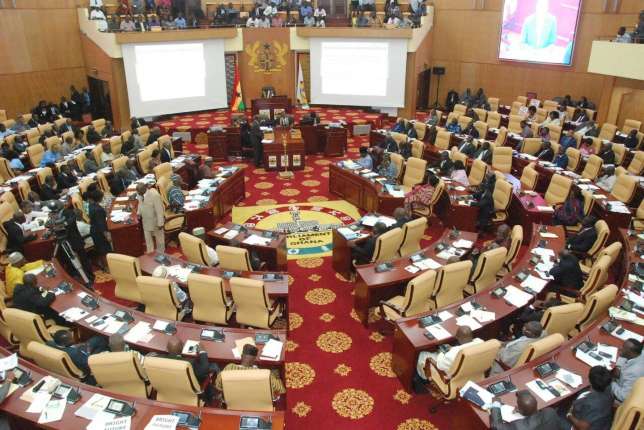
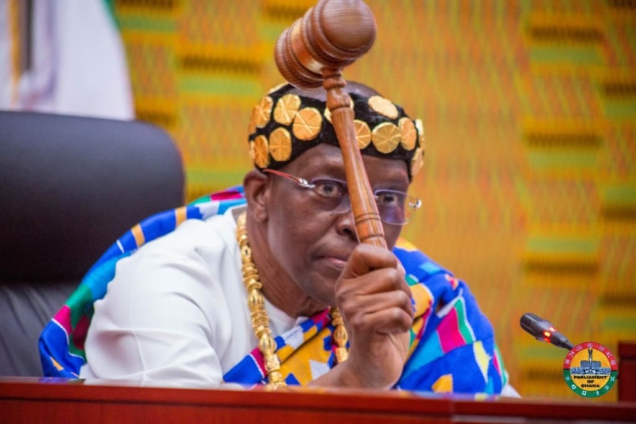
Speaker of Parliament Alban Bagbin has announced the indefinite suspension of parliamentary sessions as of Tuesday, 22nd October.
This decision follows a chaotic day in the Chamber, marked by intense clashes between Members of Parliament (MPs) from the New Patriotic Party (NPP) and the National Democratic Congress (NDC) over the contentious issue of which party holds the Majority.
In his announcement regarding the adjournment, Speaker Bagbin briefly mentioned that he had received a directive from the Supreme Court instructing him to put on hold his previous ruling that declared four parliamentary seats vacant. However, he did not provide further details about the communication, leaving MPs and observers uncertain about its implications.
This directive is significant as it relates to the ongoing legal dispute over the four parliamentary seats—two belonging to the NPP, one to the NDC, and one independent—that Speaker Bagbin declared vacant on 17th October. The Supreme Court's involvement has complicated the situation, placing a pause on the earlier ruling and adding to the already tense political atmosphere.
Earlier in the session, NPP MPs opted to leave the Chamber, resulting in the NDC occupying both sides of the House. This dramatic exit came in response to the growing tensions over the Majority designation, which has been a major point of contention since 17th October.

The departure of the NPP MPs created a lack of quorum, the minimum number of members required for official business to proceed, leading Speaker Bagbin to cite this as the reason for the adjournment.
Bagbin's decision not to fully disclose the details of the Supreme Court's communication raises critical questions about the status of the vacant seats and the legitimacy of Parliament's composition. This lack of clarity further deepens the uncertainty surrounding parliamentary activities.
With Parliament now adjourned indefinitely, both the NPP and NDC face an uncertain future as they await more information regarding the substantive case before the Supreme Court.
Read Full Story
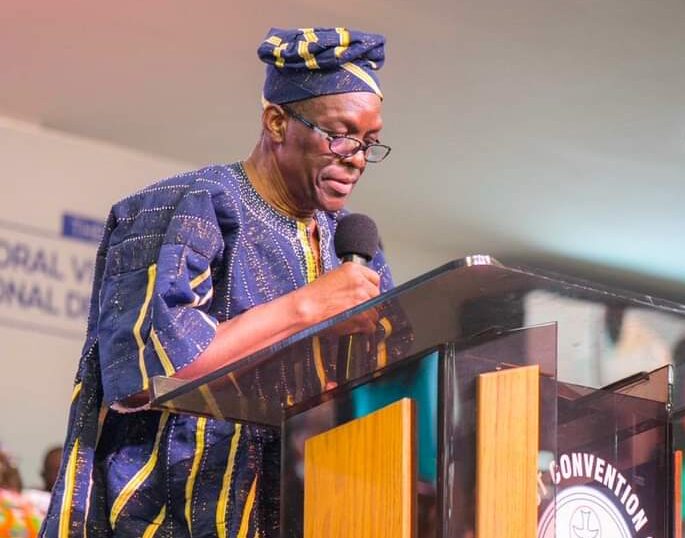


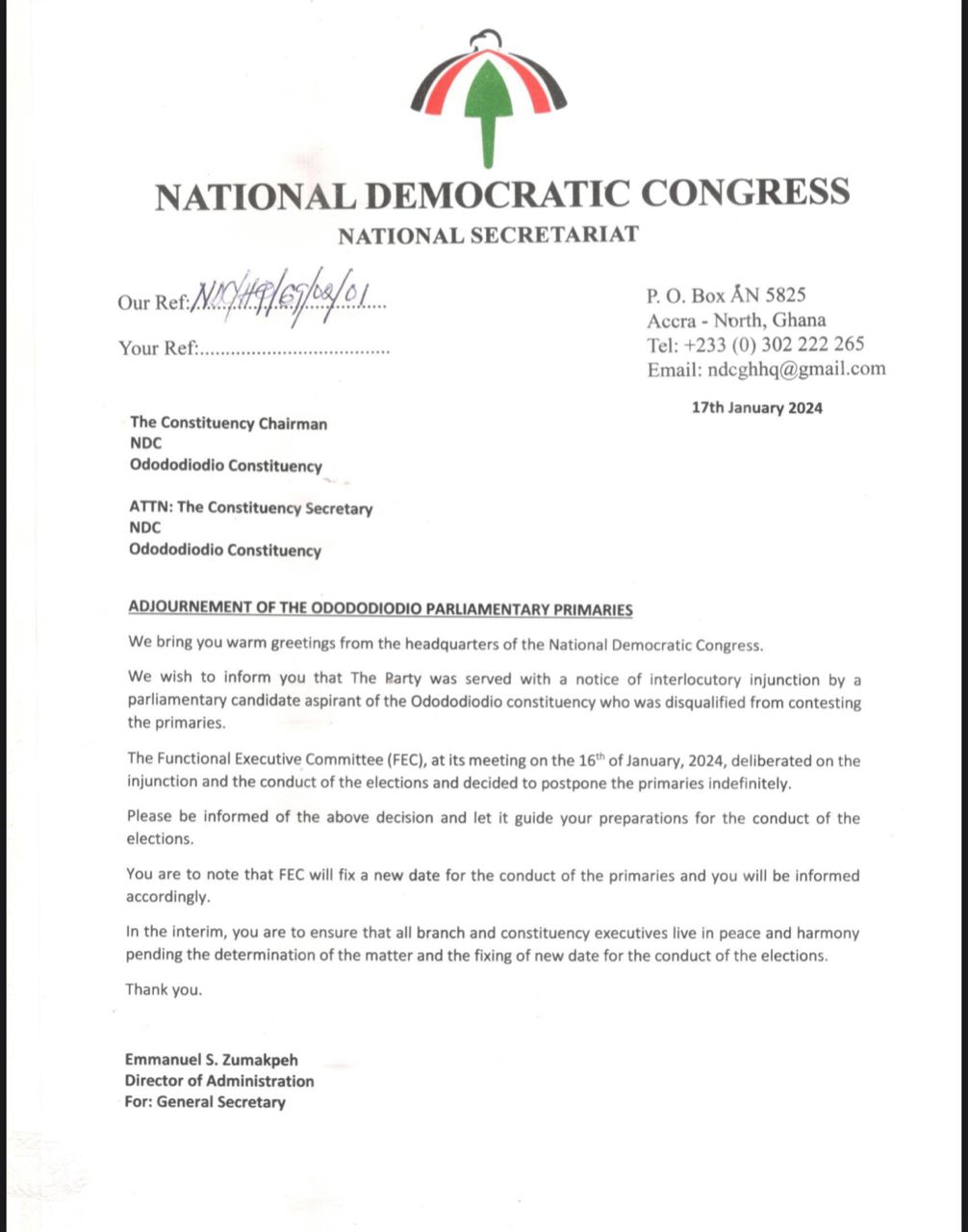


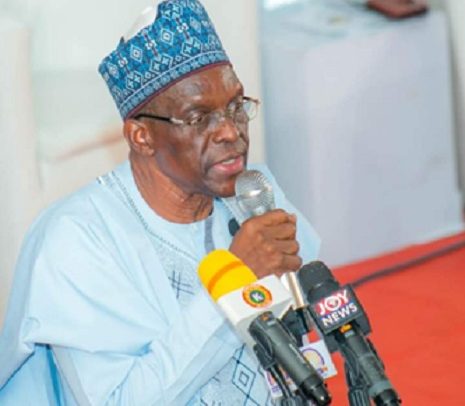




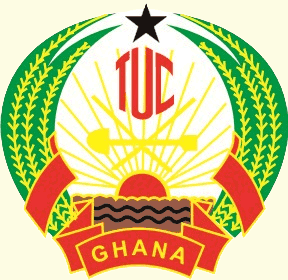


Facebook
Twitter
Pinterest
Instagram
Google+
YouTube
LinkedIn
RSS